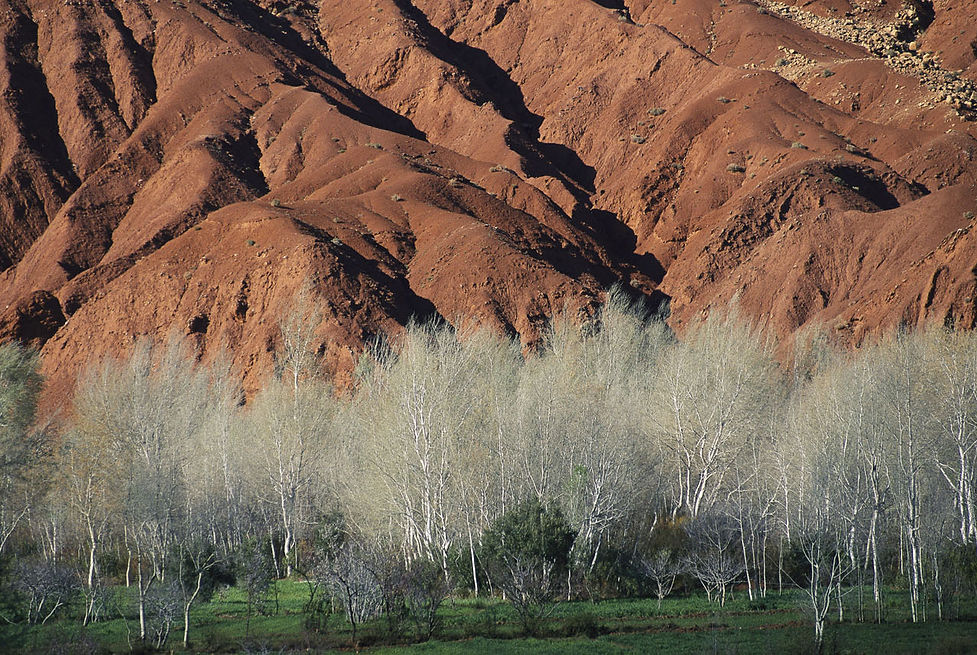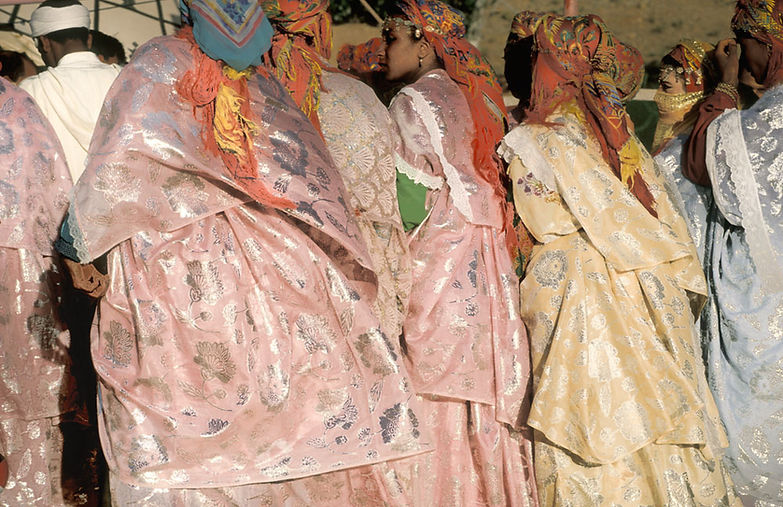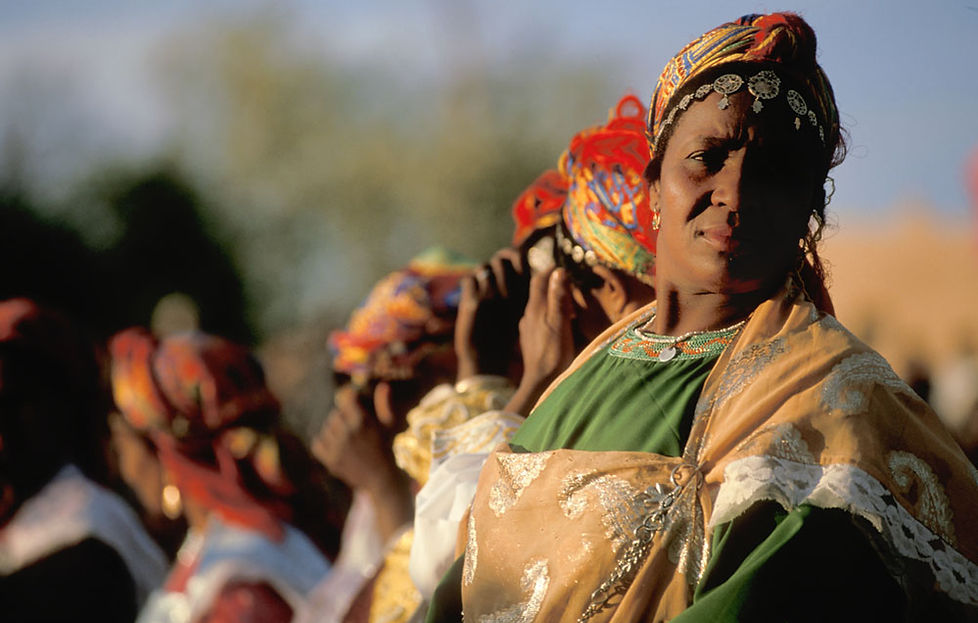Sur les terres oubliées des Petites Iles de la Sonde
Sur les terres oubliées des Petites Iles de la Sonde

Doors of Dades.
In a literal sense: the millennial road makes fun of these milestones that only time will erase. They are posed like an improbable decoration but they announce amazing beauties.

Dades Valley.
Having become an inescapable meeting, it knows a brief radiant spring, between two seasons where it appears as a hieratic beauty: winter, summer.

Boumalne and the Dadès valley, in spring, when the snow begins to melt. It sums up and symbolizes the greatness and the renewed beauty of Morocco.

Boumalne du Dadès, a town nestled in its valley, is also a crossroads and an important market.

Dades Gorge.
We can see the most beautiful strongholds in the pre-Saharan valleys. This one, on its eagle's nest, is emblematic: visible from everywhere, but nevertheless inaccessible, fortunately ...

Dades Valley.
Having become an inescapable meeting, it knows a brief radiant spring, between two seasons where it appears as a hieratic beauty: winter, summer.


Impossible to resist this wonder, the pearl of Dadès, of which all the houses, however, are exceptional. Failing to be the first, I continue to scrutinize it from all angles. Like a sculpture, you have to go around it. It is a dazzling demonstration of an art of building which was strictly daily, ordinary. Residence and attic of a family.

Dades Gorge.
The path to the fortified house is perfect for selecting the quality of its visitors. A small group of families lives there, works, maintains the presence of the man in a universe apparently little made for him.

Dades Gorges.
Even when water is invisible, it is everywhere, born of the High Atlas which transforms this desert into a garden.
The feast of roses
In this context, it is El-Kelaa des Mgouna, the land of roses for a thousand years, which has become a specialty sought by great perfumers.
The province lives on its pearly and silky petals, picked by hand, always in the early morning.

El Kelaa.
Rose petals in the tens of millions, a treasure… of patience! It is a perfect example of an adaptation to new needs, which allow horticultural farmers to live from the product of their labor.

El Kelaa.
The harvest of the roses is assured, it is necessary to ventilate the precious petals so that they keep their perfume.


Valley of roses, in the most fragrant sense. How a means of protecting the herd becomes a captivating spectacle in a region where, however, everything catches the eye. The M'goun says it with his roses. The story is so beautiful that it is surely true. Pilgrims return from Mecca, they pass through Damascus the beautiful capital and are fascinated by its famous fragrant gardens. They can only take cuttings of rose bushes that will thrive on the sides of the mountain. The intertwined roses constitute a wall as effective as the traditional thorny, and so much more fragrant. The shelter has become an agro-industry which mobilizes thousands of people on 295,000 hectares. Surface that would give a linear strip of 3,150 km, the distance from Paris to El Layoun. Ten tons of petals are needed to obtain 2.3 liters of rose oil.





The child and the roses emerging from a barley field.
The fragrant flower is the coat of arms of Dadès.




Troupe of dancers who still hesitate on fabrics before entering the dance, the ahouach. They are the color of this often monochrome universe.









The elegance of the tighremts, the strong houses, whose generations succeed one another, they cannot be "repaired".

Once past the fragrant garden of a few tens of thousands of hectares, Skoura scattered some of the most beautiful fortified houses in Morocco in an illuminated palm grove. Relatively recent conquest of man, since it dates from the 1700s, when nomads decided to settle and protect themselves. For a son of the desert, this cool water that flows all year is a blessing. The castles of Skoura, so close to those of Dadès, are however completely different.
Two worlds adjoin but do not mix. It is an archipelago of adobe with powerful forms in a sea of palms.



